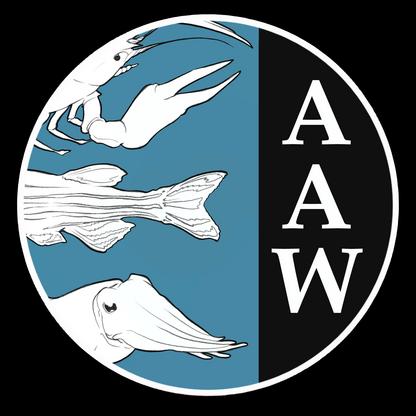Aquatic Animal Welfare (AAW)
Short description
The AAW group investigates how to improve the welfare and health of aquatic animals using techniques in behaviour, physiology, molecular biology and neurobiology. We aim to improve the lives of animals by exploring how practices in aquaculture, fisheries, the laboratory and the companion animal industry affect the welfare of fishes, decapod crustaceans and cephalopods. We use our science to determine what is most humane and ethical way to treat aquatic animals to safeguard their welfare.
More about our projects
The AAW group uses an integrative approach to understand the mechanisms underpinning animal behaviour by employing techniques in genomics, molecular biology, physiology and neurobiology. We investigate the capacity for pain, fear and stress in aquatic animals to drive improvements in the welfare of fishes and other aquatic animals. Our research also explores how intraspecific variation or animal personality influences the response to environmental variation such as pH, temperature and hypoxia which are relevant to understanding the impact of climate change.
We have a number of funded projects underway:
- Use of analgesia to refine fish experiments
- Welfare of crustaceans
- Development of species-specific recommendations for slaughter of fish in Swedish aquaculture
- Neurobiological and behavioral cognitive experience to being fished: how to improve wild fish fisheries from the fish’s perspective
- Refining the tagging of wild fish and sharks
- Advancing understanding of anaesthesia and analgesia in the zebrafish
- Molecular basis of nociception in cartilaginous fishes
- Fish welfare: links between stress, pain, and exercise
- Chromatic analysis of behaviour and neural substrate of pain perception in cuttlefish
The AAW group shares lab spaces and aquarium facilities in the Natrium building at the Department of Biological and Environmental Sciences in Gothenburg. Together we maintain a large national and international network, and the group frequently hosts and collaborates with international research colleagues and students. We also work with industry partners and charities.
Members
Lynne Sneddon
Ph.D students
Eleftherios Kasiouras
Ulla Saarinen (SLU)
Ghalia Abel (Exeter, UK)
Tzu-Hsin Kuo (NTU Taiwan/Liverpool UK)
Martina Bellios (NMBU, Norway)
Postdocs etc
Sylvia Dimitriadou (Exeter UK)
Ali Pilehvar (Exeter, UK)
Lisa Carlsson

